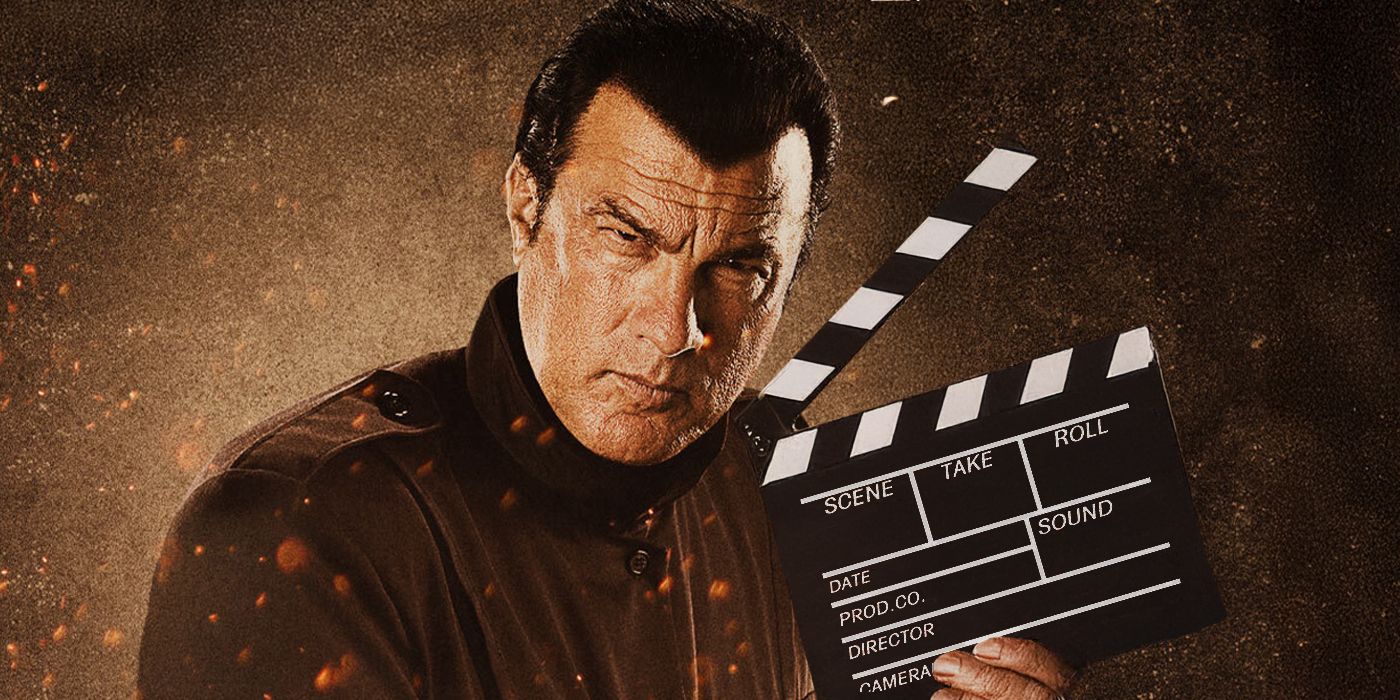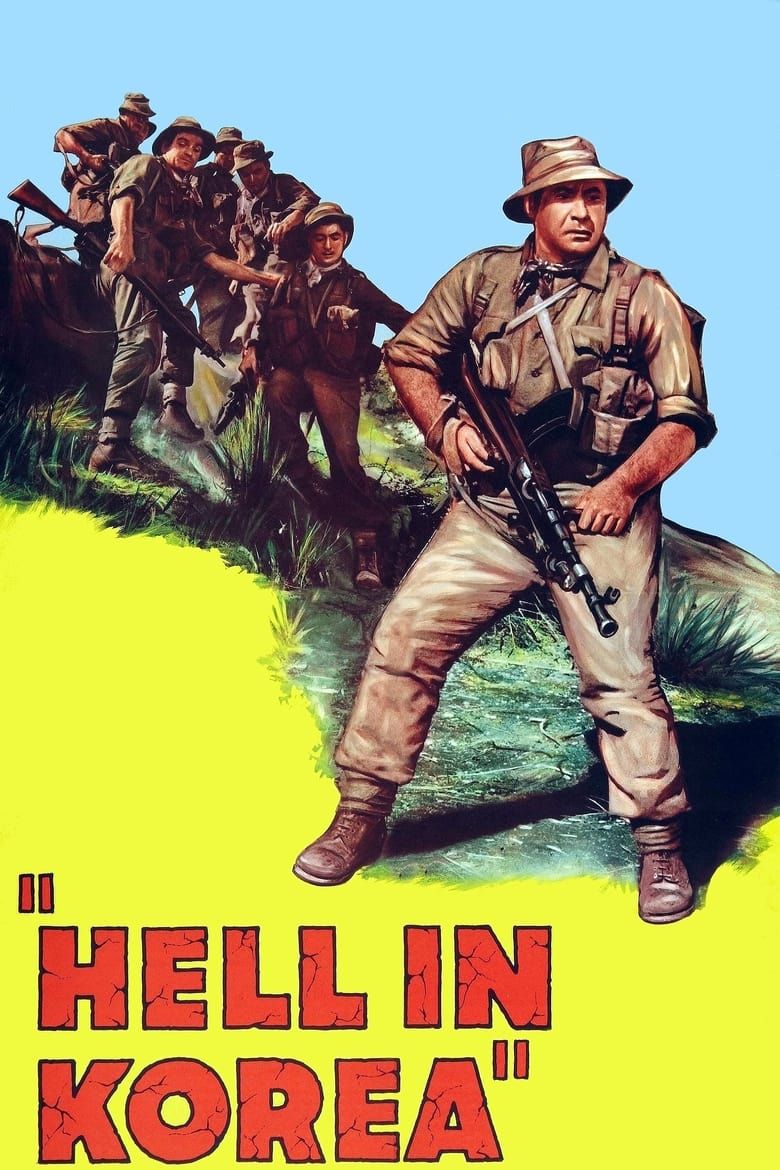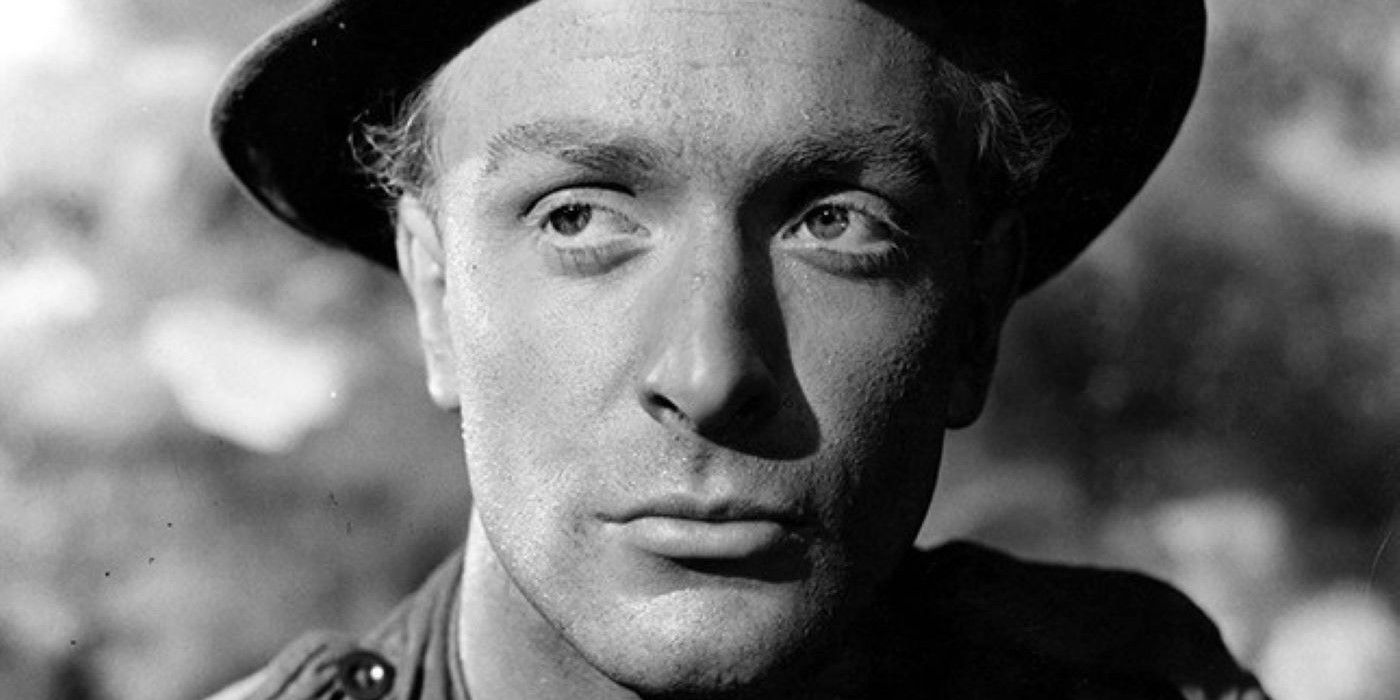Before he became the smooth-talking Cockney legend we all know, Michael Caine appeared in a war film that managed the balancing act of being both historically significant and strangely forgettable. A Hill in Korea was the first major British film to tackle the Korean War, but despite sporting an impressive lineup including the likes of Stanley Baker, Robert Shaw, and Caine himself, it practically vanished from pop culture memory. This raises the question of how a movie of its pedigree ended up collecting dust, while less daring, more generic war flicks remained prominent.
The answer probably lies in the fact that while A Hill in Korea is a good war film, it was stuck with the wrong war movie template. Yes, it’s about Korea — but everything from its tone to its structure reads like a recycled WWII drama, complete with stiff-upper-lip clichés and cookie-cutter soldier types. It’s almost as if the filmmakers didn’t quite know how to handle a “new” war: one where young conscripts were “old enough to die, but too young to vote,” and where even the good guys (the Americans) accidentally bombed their allies. It’s chaotic, morally messy, and riddled with sparks of brilliance, but it simply wasn’t what most audiences expected at the time. In the midst of it all, there was a young Michael Caine, barely visible, but, ironically one of the few people on set who actually fought in Korea.
It is one thing to fake your way through a war movie, but it’s a whole other thing to survive the actual war in question and still get relegated to a background role. Somehow, A Hill in Korea pulled that off with Michael Caine. Long before he hit the screen, Caine actually served in the Korean War as part of the British Army’s Royal Fusiliers. So, he crawled through real mud, dodged actual bullets, and then, when he landed a role in a film about that same war, he barely got a line in. Caine plays a nameless private in A Hill in Korea, blending into a squad of British soldiers struggling to hold a hill against overwhelming enemy forces. The movie itself is pretty simple as it follows a group of British soldiers who get cut off behind enemy lines and have to fight for survival. From there onwards, it goes on to explore the grind and hopelessness of war, instead of the usual big hero moments.
It’s safe to say that the irony practically writes itself here. Obviously, Caine knew a lot more about what those soldiers went through than just about anyone else on set. But he was still stuck marching around silently while more established actors of the time like George Baker and Stanley Baker — no relation — got the more in-depth scenes. If you watch closely, you can spot a young Caine popping up on the screen every now and then, but blink too long and you’ll miss him. It’s a weird piece of movie trivia that feels almost unfair in hindsight.

Related
Steven Seagal Has Only Directed One Movie — and It Stars Michael Caine
Part action movie, part eco-lecture, all unintentional comedy gold.
‘A Hill in Korea’ Turned a Real War Mistake Into a Key Scene
It’s not uncommon to see war movies bend the truth a little bit for some extra drama. However, A Hill in Korea didn’t need to make much up, especially when it came to showing how the Americans accidentally bombed the British. Unfortunately, that part was 100% rooted in facts, and the movie didn’t tone anything down. In that brutal moment, the stranded and already demoralized British squad thought that help had finally arrived. They looked up at planes that were clearly meant to be on their side, only to watch bombs drop right on them. The entire ordeal is fast, messy, and leaves piles of bodies in its wake before anyone can clear things up.
Again, this isn’t just a random twist thrown in for shock value. In the real Korean War, there was miscommunication between allied forces that ultimately led to several cases of friendly fire. This includes the case where British troops were bombed by American planes. What really sells the scene here is that A Hill in Korea handles it void of any big speeches or slow-motion drama. It’s just frame after frame of raw gut punches that remind the viewers of the chaotic and unfair consequences of war. It goes without saying that this is one of the film’s standout scenes because it shows that the soldiers weren’t just fighting one enemy. Players like bad luck, bad calls, and their allies also struck their fair share of blows. In a film that focuses so much on the will to survive in the most hopeless situations, that accidental bombing hits a lot harder.

Release Date
September 18, 1956
Runtime
80 minutes
Director
Julian Amyes
Writers
Anthony Squire, Ian Dalrymple

